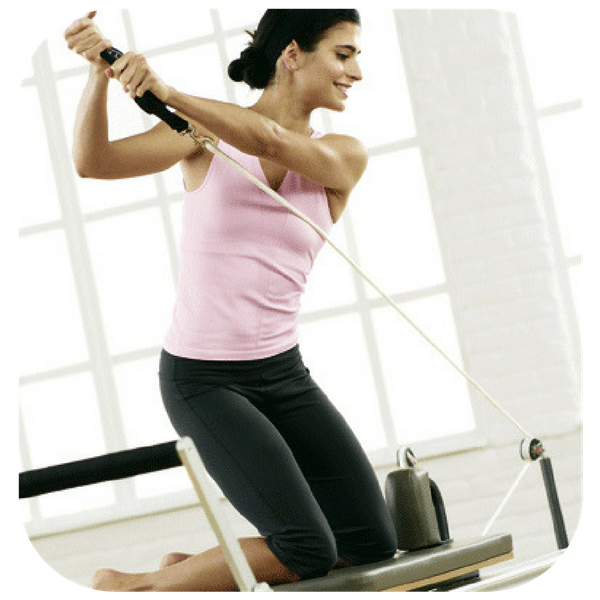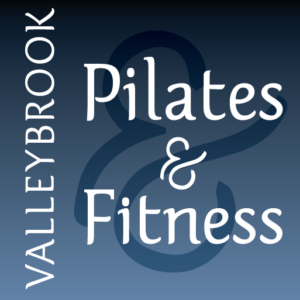“If you have a body, you are an athlete.”
– Bill Bowerman, renowned U.S. track and field coach
Schools out and summer activities are taking over our schedules, but that should not stop us from pushing our bodies to reach our fitness goals. However, when it comes to our workout routines, it can be difficult to judge what is helping to strengthen our bodies, vs. what is putting us at risk for sports and movement related injuries. This is where Pilates factors in. It can help us develop well balanced and flexible bodies that not only perform better on the court, course or field, but also keep us doing what we love longer and without getting sidelined from injury.
Injury Prevention
We hear the words “injury prevention” thrown around often. Typically associated with stretching, this term has a loose definition that can mean various things to any given individual depending on the types of physical activity they choose to perform. Pilates is much more than simple stretching; it is a fitness category in its own right that has a significant impact on injury prevention.
Here are some valuable insights into Pilates you should know if you are serious about staying injury free:
Core Focus
Our bodies are designed to operate as a single unit that flows through our core muscles. Pilates does not just recognize this concept – its foundation is built upon it. The fact is that the majority of your functional strength is capped by the strength of the muscles that comprise your core, or “Powerhouse”. A high-volume of injuries each year result from not properly engaging your core while exercising which can lead to stress fractures, muscle tears, and general strains and pulls among others. With Pilates, the goal of every exercise is to build core strength through the use of proper form and exercise methodology.
Controlled and Balanced Movements
With Pilates, you are the master of your body. Pilates is not about performing a million repetitions, maxing out while weightlifting or beating personal bests on the field, rather it stresses coordinating movements and achieving alignment of the body. Pushing yourself may look different from what you are used to in your gym routines, but this practice requires mental focus over physical momentum, forcing the body and the mind to work together to perform exercises with precision and an eye toward technique. Control is massively important in preventing injury. Understanding your body’s natural limitations and finding ways to control them is the best way to prevent getting hurt in the long run.
Whether you practice Pilates as an aid to another sport or it’s your workout of choice, the benefits are ample. Yes, maybe we are not all meant to win a gold medal or beat a world record, but even if our personal best is walking around the block, no athlete should have to deal with unnecessary injuries when there are modern ways to help prevent them. Fitness is about feeling good, and Pilates can help you maintain that feeling in all aspects of your daily life.


